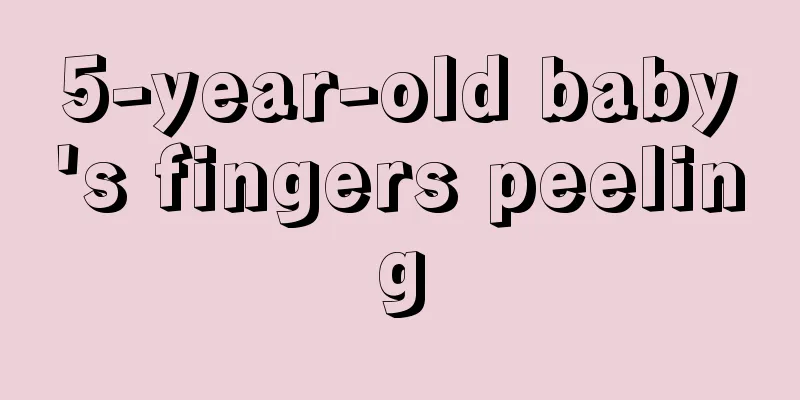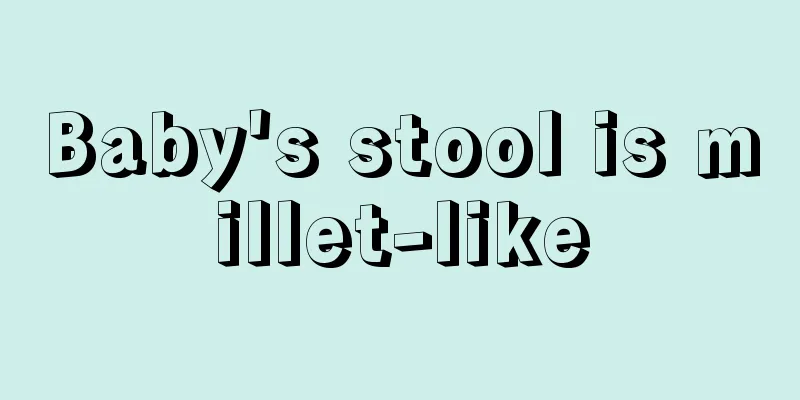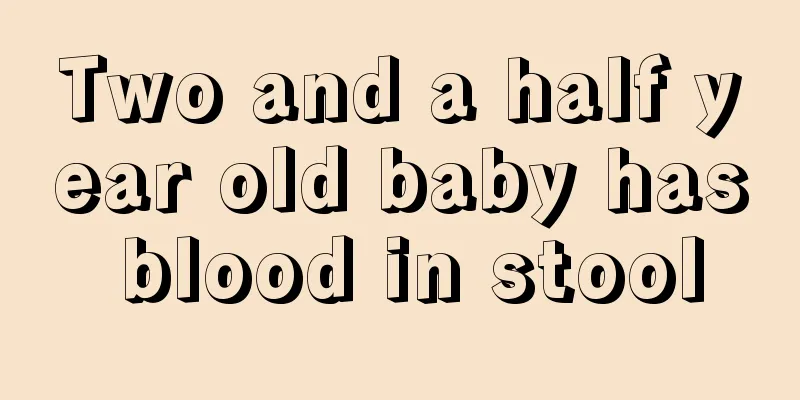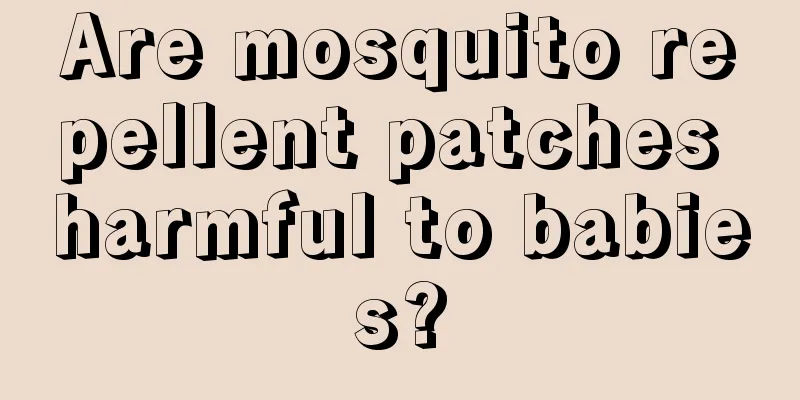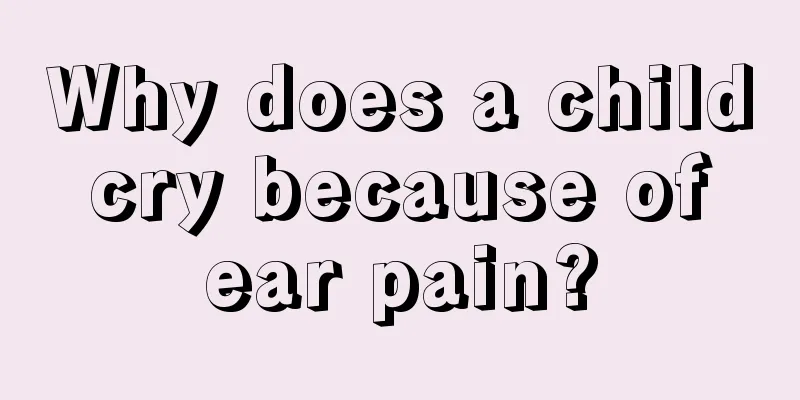Children's tooth decay
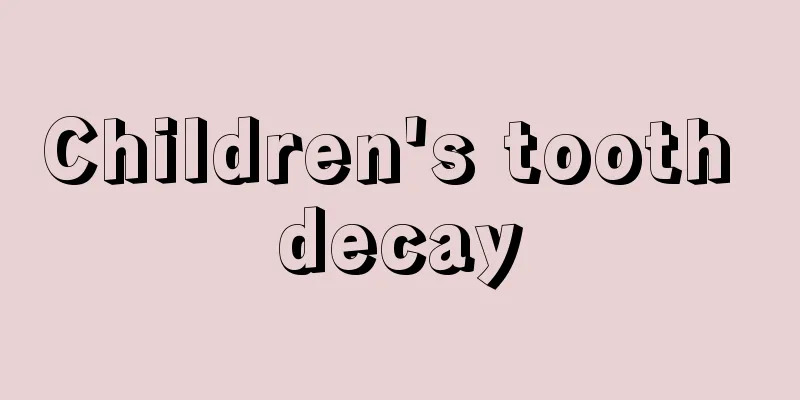
|
Generally, children's first tooth comes out at 6 to 8 months, and then other teeth will grow out one after another. The teeth that grow out at this time are called deciduous teeth. When the deciduous teeth fall off, permanent teeth will grow out. Permanent teeth are stronger and sharper than deciduous teeth. If a child's deciduous teeth have cavities, when the child grows permanent teeth, it is likely that cavities will continue. So what should children do if they have cavities? 1. Deciduous teeth are fragile and more prone to tooth decay Children's deciduous teeth have a low degree of calcification, an uneven surface, and are accompanied by many micropores. The grooves, pits and spots on the occlusal surfaces of young permanent teeth are numerous and deep, so bacteria can easily adhere to the surface of the teeth. Even worse, they may remain in the gaps between teeth, forming dental plaque, which can cause tooth decay unknowingly. 2. Loving snacks is the culprit Parents cannot stop children's love for snacks, and children's favorite snacks are mostly artificial saccharin products such as candies, cakes, and carbonated drinks. This type of food contains high levels of saccharin, which remains in children's mouths and can easily erode tooth enamel and cause tooth decay. 3. Brushing teeth is difficult and children don’t like to brush their teeth You should start brushing your teeth when the first baby tooth grows out, and the good habit of brushing your teeth every day should start from an early age. However, children are young and have poor hands-on skills, so it is basically impossible for them to brush their teeth after eating snacks. Bacteria remain in the mouth and tooth decay occurs. 4. Not enough time and substandard brushing methods Parents do not pay strict attention to the time their children brush their teeth, and many children just brush their teeth perfunctorily. In fact, children need to brush their teeth for 2-3 minutes to remove bacterial residues and dental plaque. Most people use the sawing horizontal brushing method that parents often teach them. However, this is the most damaging method of brushing to tooth enamel and accelerates tooth decay. When parents are not paying attention, tooth decay will come knocking. Parents should cultivate good habits of brushing teeth in their children and help them take care of their teeth from an early age. ① When the first baby tooth grows, parents need to brush the baby's teeth with gauze or a fingertip toothbrush. When all the baby teeth grow, let the baby develop the habit of brushing teeth. ② Limit the amount of snacks children eat. They should develop a habit of rinsing their mouths and brushing their teeth after eating snacks or meals. ③ Brush your teeth according to the time and method prescribed by experts, and brush your teeth scientifically. ④ Take your children to have regular dental checkups, every 3-6 months, to prevent tooth decay and detect it in time. ⑤ Cultivate the awareness of caring for teeth from an early age and develop a good habit of brushing teeth. Also take your children for regular oral examinations to prevent problems before they occur. |
<<: What to do if your child has a cough and runny nose? Quick solution
>>: What to do if your baby has tonsillitis and fever
Recommend
What should I do if my child is very thin and doesn't grow meat?
Many children are too thin, which is actually an ...
Symptoms of aplastic anemia, a common disease in children
Aplastic anemia is common in children, and clinic...
What are the dangers of girls holding urine for a long time?
Nowadays, the pressure of life and work is gettin...
What are the developmental indicators of a 40-month-old baby?
For all babies, the most important thing is physi...
What should I do if my 9-month-old baby has blisters on his feet?
If there is a baby at home, parents will be parti...
How to deal with redness in the corners of your child's eyes
There are generally two situations when the corne...
Why does the baby keep rubbing his eyes?
Babies are a special group in society. When exter...
How can children grow taller?
The healthy growth of children is what we care ab...
Should children with swollen and painful gums receive intravenous injections to reduce inflammation?
It is quite common for children to have swollen a...
Children's height growth is slow
The physical development of children is what pare...
How many months is it appropriate to hold a baby in the bladder
We all know that babies cannot control their eati...
Baby's head development
As we all know, the baby's head is very small...
The baby vomits out water
The baby's health concerns the whole family. ...
Types of anesthetic drugs for children
Many of our children have had problems. Spinal ca...
Children love to shake when sleeping
Children often show various symptoms when they sl...
